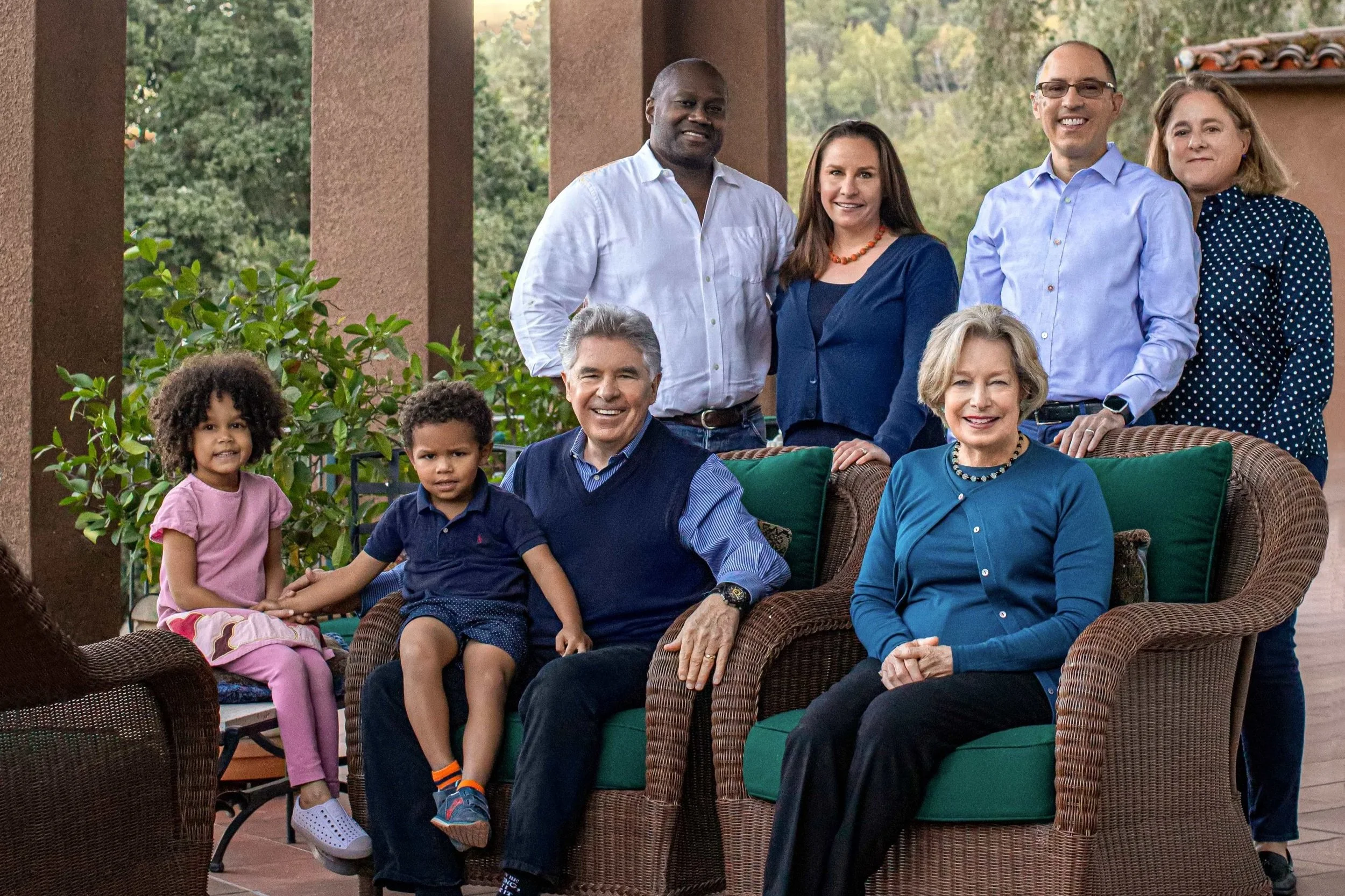Behind a Big—and Rare—Foundation Grant for Mental Health
/PHOTO: Billion Photos/shutterstock
By any measure, the Foundation for Excellence in Mental Health Care is unique in the funding space. First, there’s its bold mission to match the passion of private philanthropy with the world’s top researchers and programs to bring recovery-based care to every community. Second is its international focus. And finally, there’s the funder’s willingness to incubate new donor-advised initiatives.
Mental illness is surprisingly common, and costly to patients, families and society at large: one in four people have mental health issues serious enough to warrant treatment. But while funding for this issue is critical, it’s also in short supply.
As Yana Jacobs, chief Program Officer at the Foundation for Excellence in Mental Health Care, explained to us back in 2015, there is still much misunderstanding around mental health challenges, making donors wary of association with this funding area. Those who've suffered from mental health problems, or who have seen loved ones suffer, don't come out publicly the way that survivors of cancer or heart attacks do. That makes it difficult for nonprofits working on mental health to identify donor prospects and build a community of evangelists around their work. Meanwhile, there aren’t a lot of major foundations that prioritize mental health. Even most health funders tend to neglect this issue.
Related: Hope on Mental Health, With an Unusual Funding Model
So it was a big deal recently when the Open Society Foundations (OSF) made a one-year grant of $800,000 to Excellence. This grant is structured as a challenge grant to be matched by Excellence through its own fundraising efforts.
While OSF is not well known for its health funding, it has long been one of its core issues, with a worldwide focus on overcoming the discrimination and inequities around health. Support for organizations working in the field of mental health care has been a key part of the OSFs’ Public Health Program work since 1995.OSF partnered with the Foundations for Excellence in Mental Health Care to support their work to challenge the biomedical approach and the influence of the pharmaceutical industry in mental health care.
Excellence was formed in 2011 by an international group of philanthropists, researchers, mental health professionals, advocates, and family members with an aim to change the way mental health care is delivered. They wanted to fund programs that were different than conventional offerings, which are often medically oriented and funded with Big Pharma money.
Unlike traditional mental health models that focus on medication and often exclude the voices of those with lived experiences, Excellence “promises new methods that are predicated on the expectation of recovery—by relying less on medication and more on engaging families and communities.” These recovery-focused methods have broad goals: bring hope to individuals and their families; give psychiatrists, psychologists and clinicians better tools; give patients better outcomes; and address a wide range of society’s challenges, saving a great deal of public money and preventing unnecessary human suffering.
Excellence first caught OSF’s eye through its Open Dialogue Program. Through Excellence funding, mental health clinicians and researchers at UMass Medical School have been adapting the Finland-developed Open Dialogue model for use in the United States. It is an innovative, recovery-oriented clinical intervention that has been demonstrated to help individuals in acute psychiatric crises. Open Dialogue has two components: a community-based, integrated treatment system that engages families and social networks, and a unique form of dialogue within open psychiatric meetings.
There are currently three pilot projects underway in Massachusetts, New York and Atlanta, Georgia, as well as The Institute for Dialogic Practice in New York City runs a two-year training program in dialogical practices and the open dialogue approach.
Another program of interest to OSF is Healing Voices, which started in the Netherlands 30 years ago. A non-medication based program, Hearing Voices developed into an international collaboration of professionals, people with lived experience, and families and friends working to “develop an alternative approach to coping with voices, visions, and other extreme states that is empowering and useful and does not start from the assumption that such people have a chronic illness.”
Open Dialogue and Hearing Voices are only two of the many initiatives backed by Excellence, which has an unusual operating model, at least for health funders. Describing itself as an international community foundation, it’s embraced donor-advised funds in a big way and pools resources to advance its mission. Donors can choose to set up a new funds at Excellence or contribute to one of the 26 existing funds housed at the organization.
For example, through the Nutrition and Mental Health Research Fund, Excellence funds researchers from Canada, New Zealand and the United States who are building scientific knowledge about the treatment of mental health problems with formulas containing multiple micronutrients—an approach that aims to take on the influence of pharmaceutical-based treatment.
The OSF grant came with a matching requirement, and to date, Excellence has raised well over $700,000 and is on its way to reach the $800,000 match required for the first year. To meet this match, Excellence has embarked on a formal campaign. Given the success it has had in the short time since the grant was announced, the partnership promises to be an enduring one.







































